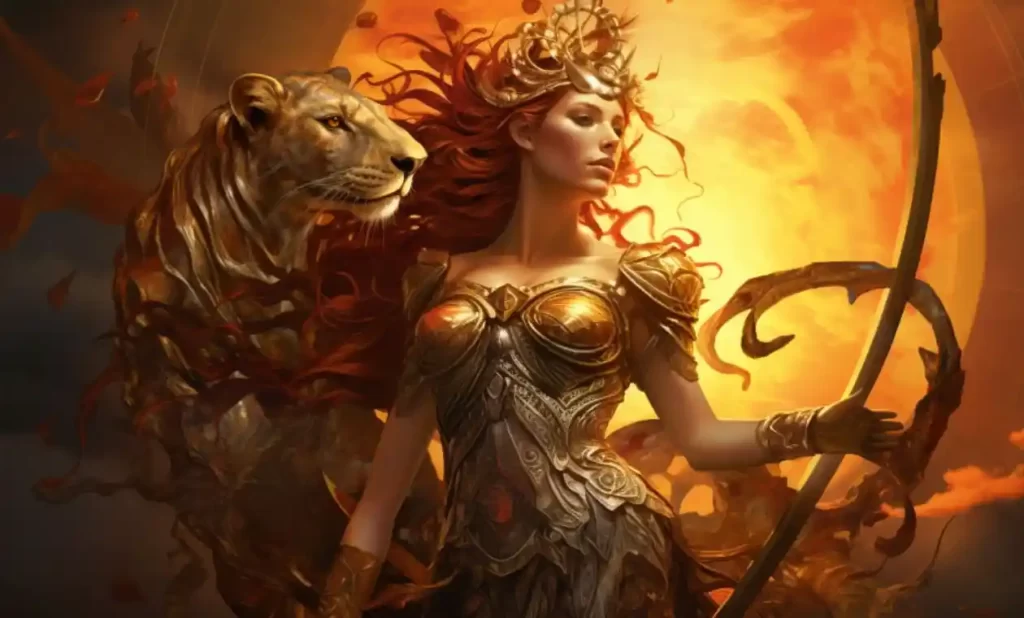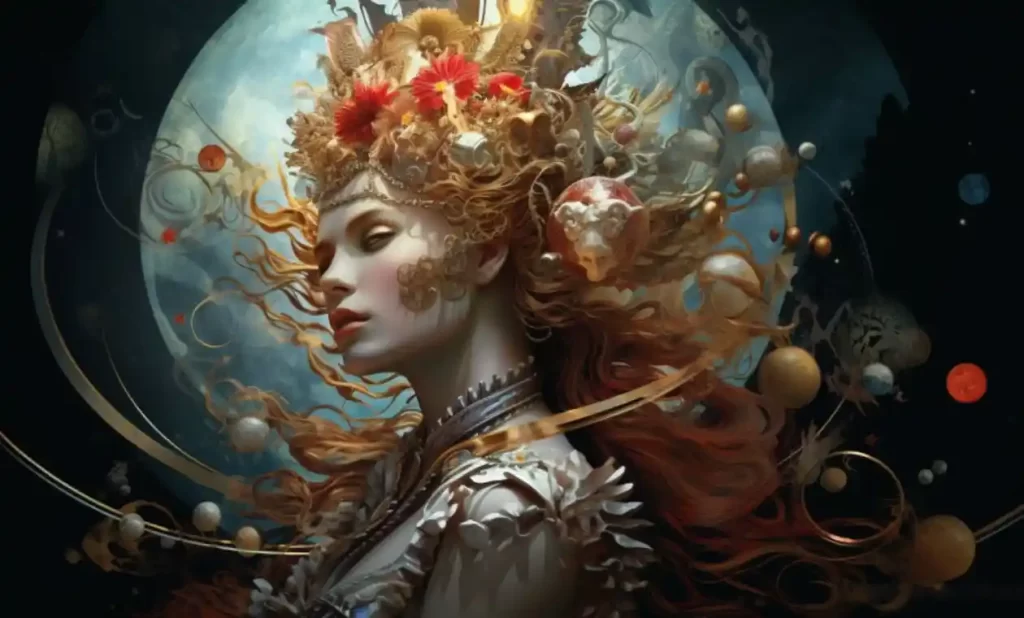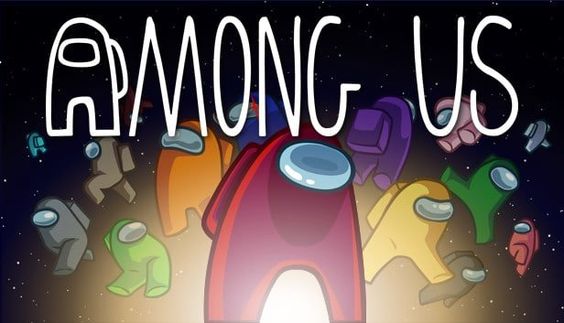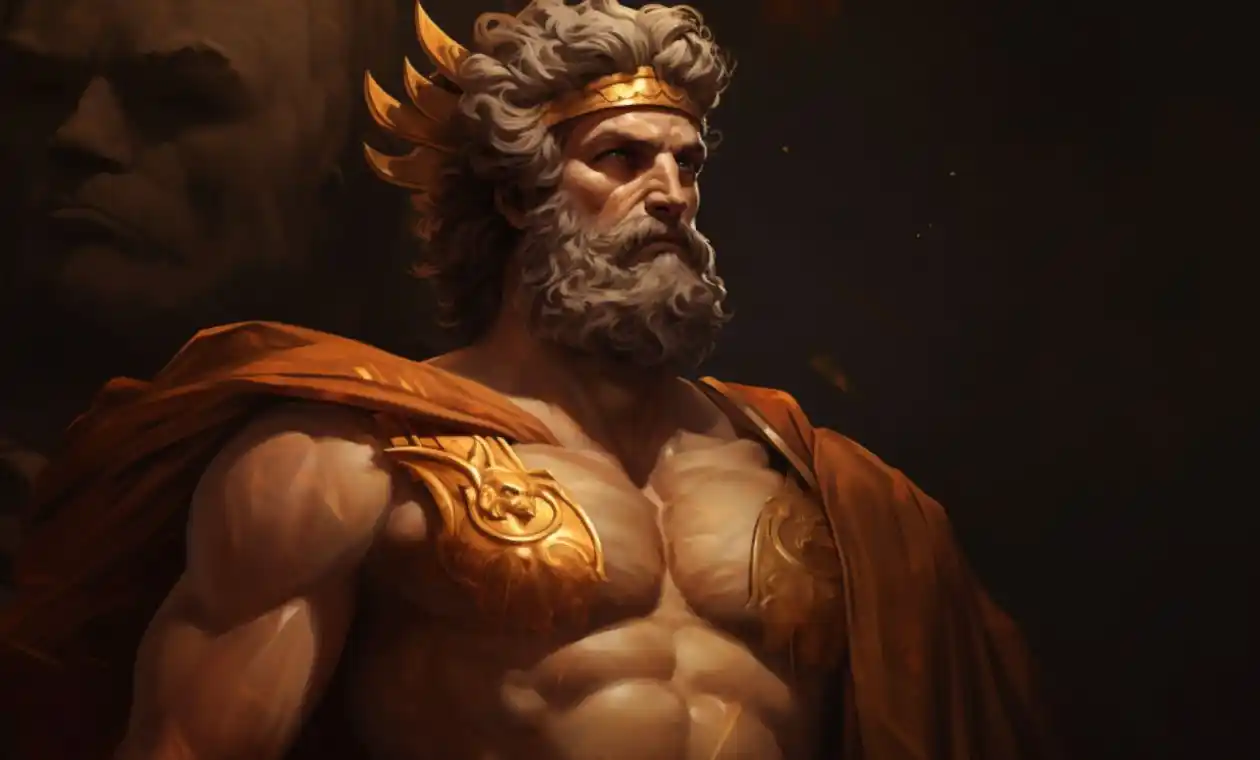
In the ancient world of gods and goddesses, there’s one special deity who shines brighter than the rest with her love and beauty. Her name is Venus, and she’s like the superstar of Roman mythology. Picture a time long ago when people believed in magical stories and powerful gods. Among these gods, Venus stood out for spreading love and making everything beautiful. Let’s embark on a journey into the past to uncover the fascinating tales of Venus, a goddess who captured the hearts of the people in ancient Rome.
Who Was Venus?
Venus was like a superstar among the Roman gods and goddesses. She was famous for being the goddess of three amazing things: love, beauty, and desire. Imagine the warm feeling of love, the wonderful sight of beauty, and the exciting flutter of desire – all of these were like her magical powers!
But there’s something really interesting about how Venus came into this world. She didn’t have parents like we do. Instead, she was born in a magical way. Imagine the sea’s waves creating a foamy, bubbly blanket. Well, Venus was born from the foam of the sea! It’s like the sea itself gave her life. That’s why she had a special connection with the sea, almost like the sea was her family.
Just like the sea, Venus was full of mysteries and enchantment. People in ancient Rome believed that her presence made everything around them feel more beautiful and lovely.
Stories of Venus
Venus, the goddess of love, was at the heart of some truly captivating tales that have enchanted generations. Among these tales, two stand out, illustrating the diverse aspects of love and emotion that Venus personified.
Venus and Mars
In the grand tapestry of the divine realm, there was a god known as Mars – a figure of strength, power, and the fervor of battle. Mars was a deity of war, fierce and unwavering, representing the valor and might that warriors admired. On the other side of the spectrum was Venus, a goddess radiating beauty, tenderness, and the enchantment of love. Their worlds appeared to be poles apart, as love and war were believed to be forces incompatible. Yet, as often happens in the realm of myths, their story unfolded in unexpected and enchanting ways.
Imagine a celestial stage where the heavens met, where stars shimmered and planets danced. Here, in this celestial theater, Venus and Mars found themselves drawn together as if by an unseen force, transcending the boundaries that seemed to set them apart. Venus, like a blooming flower with petals of grace, stood face to face with Mars, whose aura was akin to a roaring fire, ablaze with intensity.
Love, being the indefinable force that it is, can bridge gaps that logic cannot. The harmony of Venus’ essence intertwined with the passion that emanated from Mars, creating a tapestry woven from the threads of two contrasting energies. Their story was not one of conflict, but a dance that celebrated the beauty of love while acknowledging the power of Mars’ fiery spirit.
In this mesmerizing dance of harmony and passion, Venus and Mars found a unique rhythm. Venus, who softened even the hardest of hearts, cast her gentle spell upon Mars, and he, in turn, recognized the strength that lay in vulnerability. This recognition marked the beginning of a connection that was both powerful and tender, showcasing the magic that occurs when two seemingly opposing forces converge.
Their relationship was like a symphony, where the sweet notes of love and the bold crescendos of valor blended together to create a melody that resonated throughout the heavens. Venus and Mars demonstrated that love is not confined by labels or expectations, and that the union of seemingly contradictory elements can yield beauty and harmony beyond imagination.
So, in the celestial theater where stars twinkled like diamonds and planets swirled in a cosmic dance, Venus and Mars choreographed a story of love that defied conventions and showcased the enchanting possibilities that arise when harmony and passion unite.
Venus and Adonis: A Melody of Emotions

Amidst the tapestry of myths and legends, a tale of love and longing emerged – the story of Venus and Adonis. Imagine a world where gods and mortals coexisted, where emotions were as real as the air we breathe. In this world, Venus, the goddess of love, found her heart captivated by a mortal named Adonis.
Adonis was not just any mortal; he embodied the essence of handsomeness. His presence was like a breathtaking sunrise, casting a golden glow upon everything he touched. Venus, the embodiment of beauty itself, couldn’t help but fall deeply in love with him. Their story began like a sweet melody, each note resonating with joy and tenderness.
Picture Venus, the radiant goddess, and Adonis, the epitome of mortal charm, walking together in fields adorned with flowers. Their laughter mingled with the songs of birds, painting the world around them with vibrant hues of happiness. It was as if their love had the power to make even the stars shine brighter.
Yet, in the grand symphony of their story, a melancholic note emerged. Adonis, drawn to the thrill of adventure, faced danger that Venus, in all her divine power, could not protect him from. The very power that made her a goddess could not shield him from the perils of the world. It was like a poignant refrain in the melody of their love.
As the tale unfolded, it became evident that even a goddess as powerful and enchanting as Venus could experience the ache of love and heartbreak. Her love for Adonis was real, raw, and all-consuming. Despite her efforts, she couldn’t change the path fate had chosen for him. Their story was a reminder that the journey of love, while filled with moments of euphoria and joy, could also be marked by the shadow of sorrow.
In Venus and Adonis, people found a reflection of their own experiences, their own moments of elation and pain. The story showed that even the most divine beings could be vulnerable to the complexities of love. It resonated across time, whispering that the journey of the heart is a symphony of emotions, where each note contributes to the melody of our lives.
Lessons from Venus’ Tales
These stories of Venus, whether entwined with a war god or entangled in mortal emotions, carried profound lessons. They revealed that love is a force that defies boundaries, capable of harmonizing even the most contrasting aspects of life. Through Venus’ experiences, people learned that love’s journey encompasses both joy and pain, intricately weaving together the threads of human emotion. Just as Venus embodied the complexity of love and beauty, her stories illuminated the intricate nature of love itself.
Venus in Art and Culture
Venus, the goddess of love and beauty, didn’t just exist in stories – her enchanting presence also graced the world of art and culture. Artists of different eras and places were inspired to capture her divine essence in sculptures and paintings, giving rise to masterpieces that celebrated her allure. Let’s delve into how Venus became a muse for artists and how her image symbolized profound ideas in Roman society.
Artistic Interpretations: Venus in Sculptures and Paintings
Imagine talented artists bringing Venus to life in stone and on canvas. They carefully chiseled and painted her, making her beauty eternal. One famous sculpture that captures Venus’ grace is the “Venus de Milo.” This sculpture, carved centuries ago, showcases her with elegance and mystery. Imagine a statue that stands gracefully, its arms missing, yet its beauty shining through. This sculpture reminds us of Venus’ timeless charm that transcends the ages.
Another masterpiece that celebrated Venus’ divine presence was Botticelli’s painting, “The Birth of Venus.” In this painting, you can visualize Venus emerging from the sea on a shell. Her hair flows like the waves, and her presence is almost otherworldly. This painting captures the very moment of her birth, symbolizing her connection with the sea and her role as the goddess of beauty and love.
Symbolism of Venus: Beauty, Love, and Fertility
Venus wasn’t just a figure in artworks; she held deeper meanings that resonated in Roman society. Her image symbolized ideas that were cherished by people of that time. When people looked at representations of Venus, they saw more than just a goddess – they saw beauty personified. Her graceful form embodied the concept of beauty itself, reminding everyone of the loveliness that exists in the world.
But Venus wasn’t just about outer beauty; she also represented love – not just romantic love, but all forms of affection and care. In a society where relationships were valued, Venus became a symbol of the warmth that connections between people bring.
Additionally, Venus’ image was tied to fertility, celebrating the bountiful gifts of nature. People believed that her influence could bring forth growth and abundance. As a result, her image often appeared in celebrations and rituals related to fertility and the harvest.
Venus in Language and Astrology
Venus, the goddess of love and beauty, wasn’t just a figure in ancient stories – her influence reached even into the way we speak and understand the world around us. Let’s explore how the name “Venus” has woven itself into our language and how she shines brightly in the realm of astrology.
The Word “Venereal”: A Connection to Love and Desire
Have you ever heard the word “venereal” and wondered where it comes from? Well, it’s connected to Venus herself! The word “venereal” is derived from Venus’ name, and it has to do with love and desire. When people use this word, they’re often talking about things related to love and the feelings that connect people. So, when you hear the word “venereal,” remember that it has a little bit of Venus’ enchanting essence in it!
Venus in Astrology: The Planet of Love and Beauty
Imagine looking up at the night sky and spotting a bright star. That might actually be Venus, but not the goddess herself – it’s a planet named after her! In astrology, the planet Venus is like a cosmic mirror of the goddess. Just as Venus represents love and beauty, the planet Venus is associated with these very qualities.
When people talk about the planet Venus in astrology, they often connect it to matters of love, relationships, and beauty. It’s like this planet adds a touch of magic to how we understand these aspects of life. Venus in astrology reminds us that just as the goddess herself was a symbol of love’s power, the planet Venus carries that same kind of influence in the celestial world.
Venus’ Importance in Roman Culture

Venus wasn’t just a distant figure in the stories of ancient Rome – she held a special place in the hearts of the people and shaped their culture in meaningful ways. Let’s journey into the festivals dedicated to Venus and explore how her presence influenced the way people thought about love, relationships, and marriage.
Festivals Celebrating Venus: Veneralia and Vinalia
Imagine a time of celebration, when people gathered to honor Venus and the beautiful things she stood for. The Veneralia was a special festival dedicated to Venus, where people would come together, offer prayers, and enjoy festivities. This festival was like a big party celebrating love and affection. People believed that Venus brought them closer to one another, just as she did for gods and mortals.
Another festival connected to Venus was the Vinalia, which was all about wine and nature’s bounty. This festival celebrated the goodness of the earth, and Venus was seen as a guardian of fertility. People offered wine to Venus, asking for her blessings on their vineyards and crops. This celebration showed how deeply Venus’ presence was woven into their daily lives.
Venus’ Influence on Love, Relationships, and Marriage
Venus wasn’t just a distant goddess – she influenced how people thought about love and relationships. The cult of Venus, like a guiding force, shaped societal norms and values. Love was cherished, and relationships were seen as something beautiful and valuable. People looked up to Venus as an example of what love could be – tender, passionate, and filled with care.
The idea of marriage was also shaped by Venus’ influence. Just as Venus and Mars represented different aspects of life, their union showed that harmony could exist even in the midst of contrasts. This idea found its way into how people viewed marriage – a union where two different people could come together in love and create something beautiful.
Conclusion: Venus, the Eternal Muse of Love and Beauty
As we journey through the captivating world of ancient myths and timeless tales, we find ourselves standing before Venus, the goddess of love and beauty in Roman mythology. Her influence is like a beacon that has guided hearts across the ages, leaving an indelible mark on culture, art, and the very essence of what it means to be human.
Venus, with her radiant aura and gentle grace, remains an enduring symbol of love’s boundless power. She is the embodiment of the tenderness that connects people, the allure that captures our senses, and the magic that makes life more beautiful. From the enchanting sculptures to the mesmerizing paintings that celebrate her, Venus continues to cast her spell on artists and admirers alike.
But her influence doesn’t stop with art – Venus’ stories are like threads that weave through generations, connecting us to the emotions and experiences that define our lives. Her tales of love and passion, of joy and heartache, remind us that these emotions are timeless, transcending eras and cultures.
In the grand tapestry of human existence, Venus stands as a testament to the profound depths of emotion and the enduring allure of beauty. Just as the morning star heralds the dawn, Venus remains a guiding light, reminding us that love’s splendor is a force that transcends time and touches the very essence of our souls.
So, as the stories of Venus continue to enchant and inspire, let us remember that her legacy is not just a chapter in ancient mythology, but a melody that echoes in the hearts of all who seek the magic of love and the allure of beauty.
Related Article –
- Apollo – God Of The Sun, Myths, Symbols, And Multifaceted Tale
- Aurora Mythology: Bringer Of New Beginnings
References
- Bulfinch, Thomas. “Bulfinch’s Mythology: The Age of Fable.” CreateSpace Independent Publishing Platform, 2016.
- Hamilton, Edith. “Mythology.” Back Bay Books, 2013.
- “Venus (Mythology).” Encyclopaedia Britannica, www.britannica.com/topic/Venus-Roman-goddess.
- Klimczak, Natalia. “The Goddess Venus in Mythology and Art.” Ancient Origins, www.ancient-origins.net/myths-legends-europe/goddess-venus-mythology-and-art-005866.
- “Venus: Planet Information.” NASA Science, science.nasa.gov/solar-system/sun/venus.
























